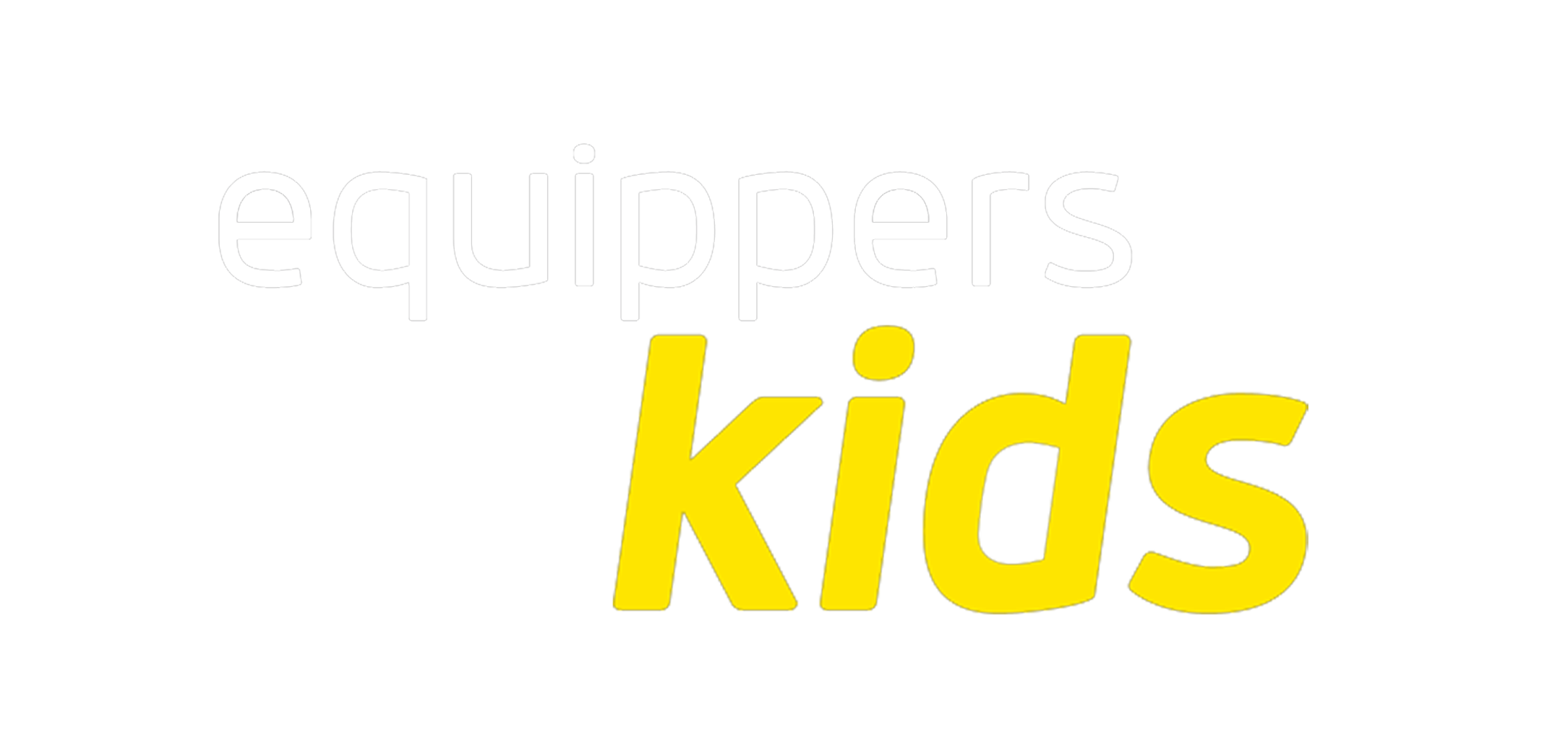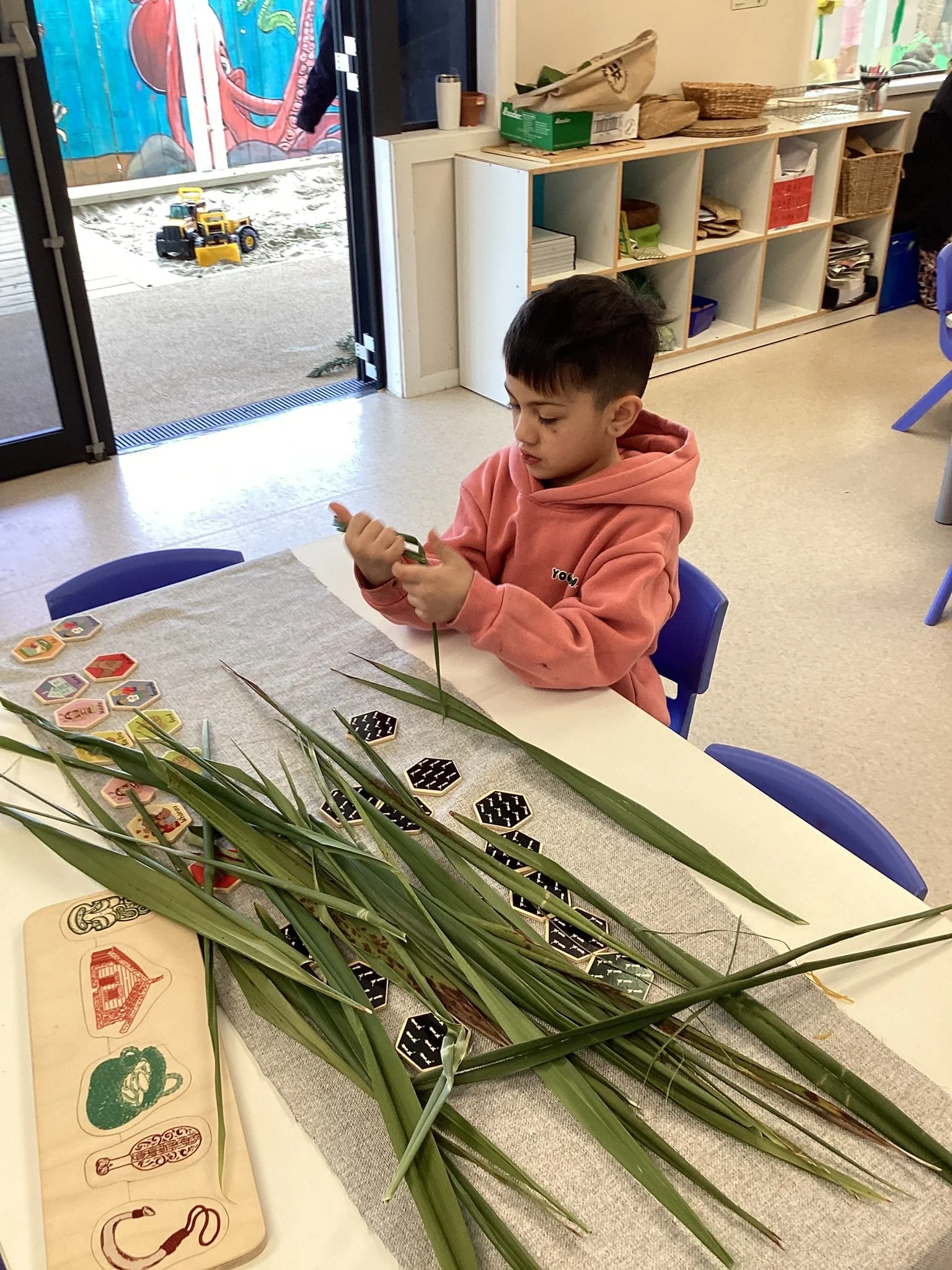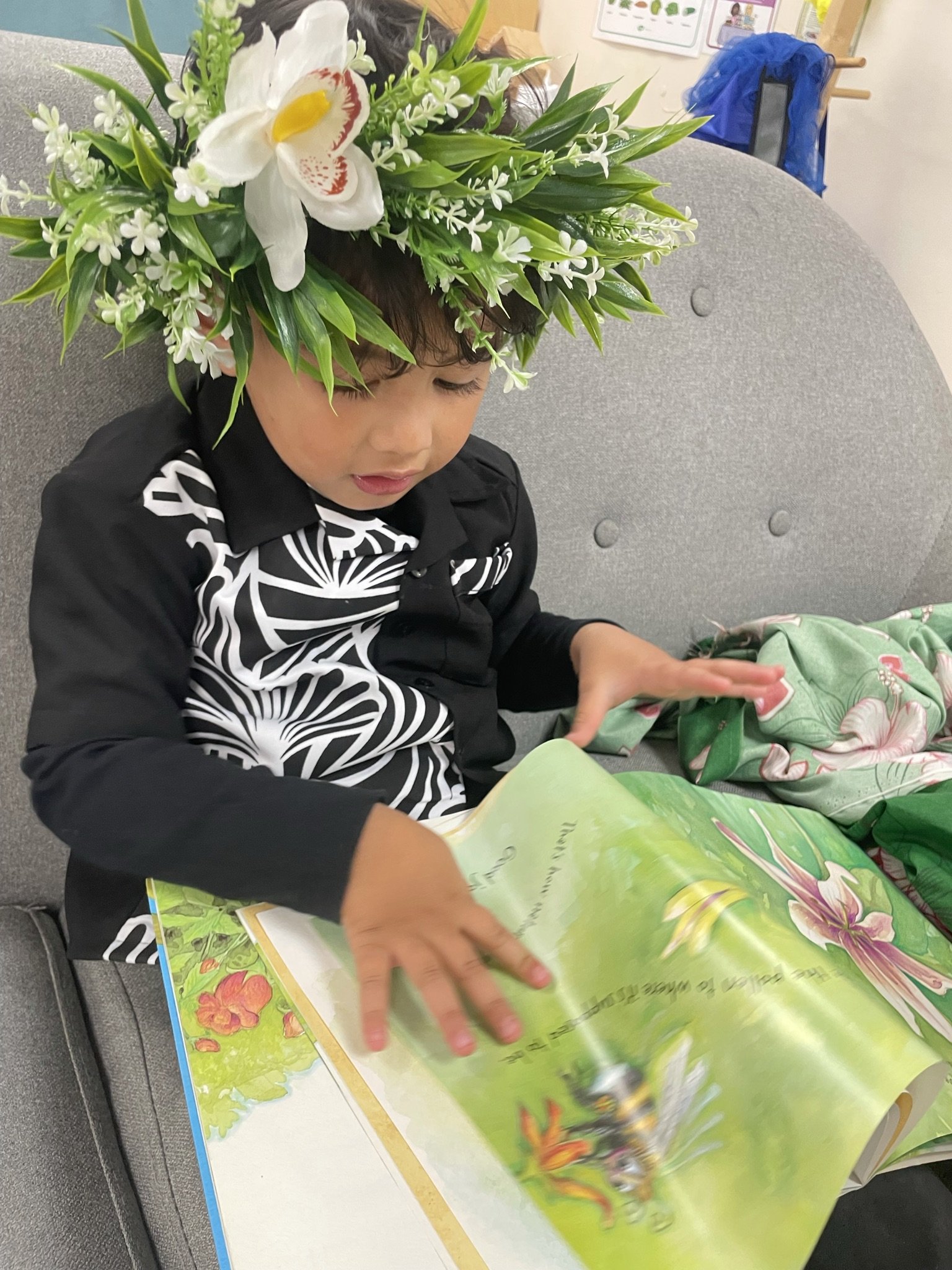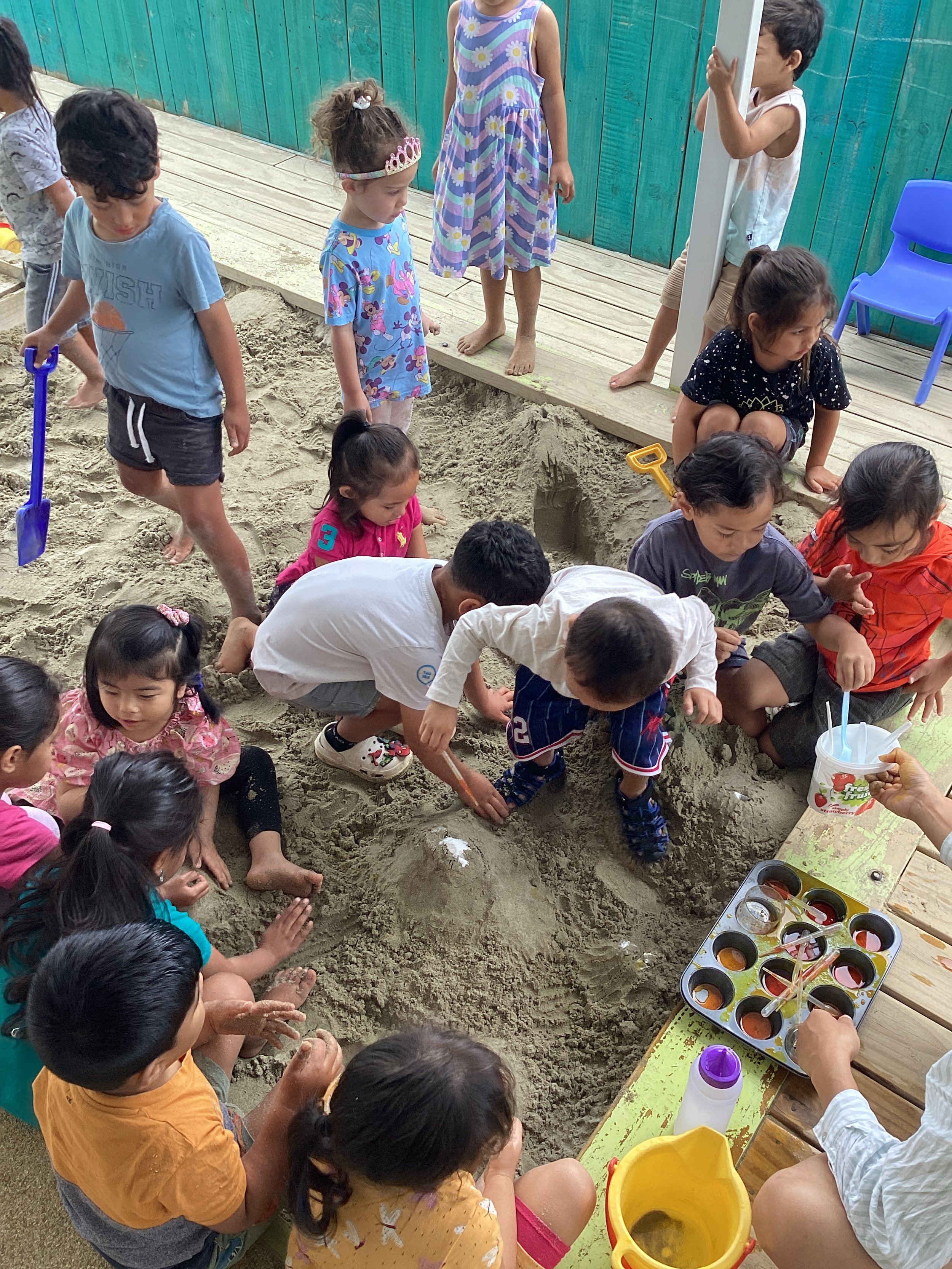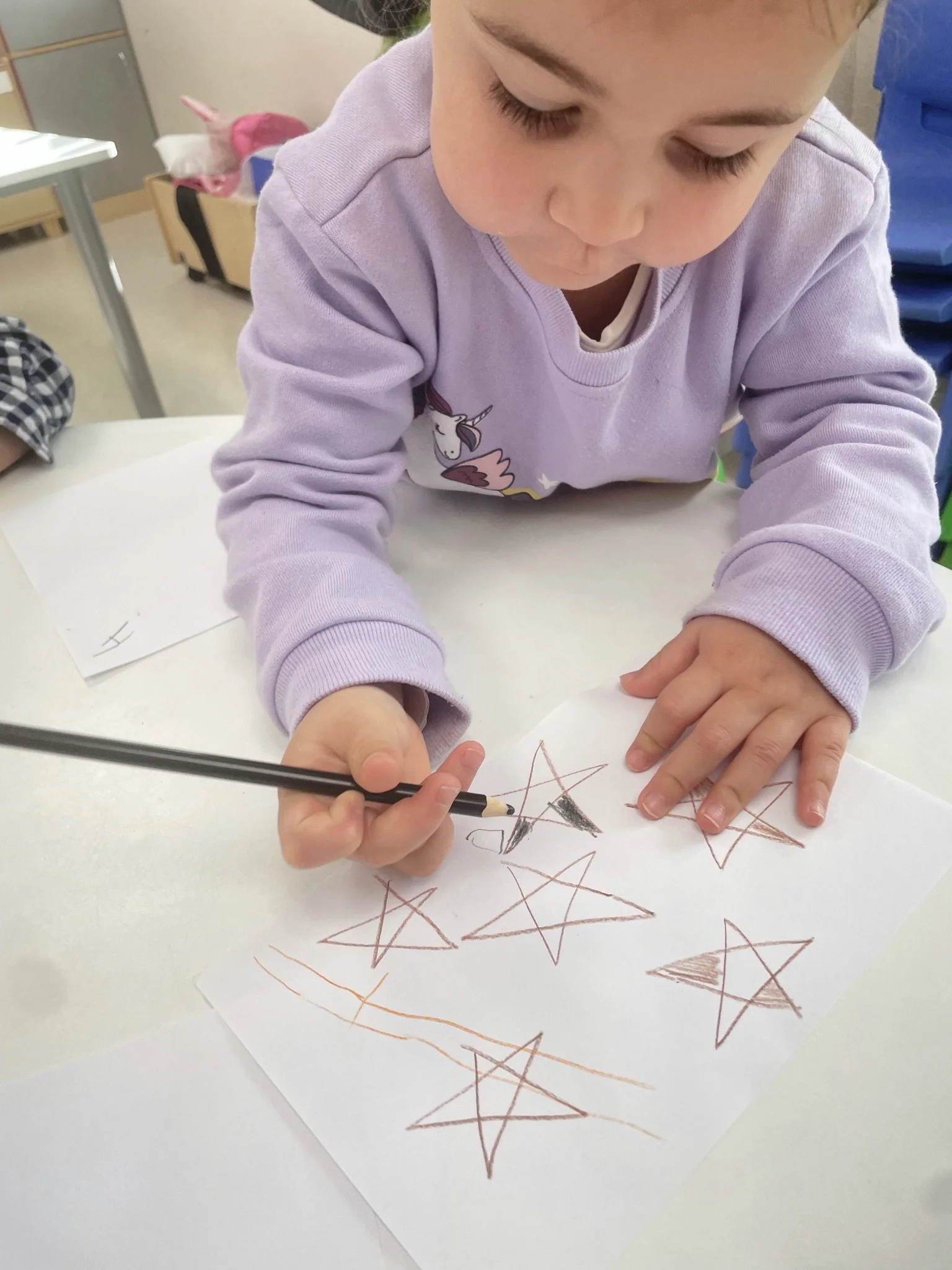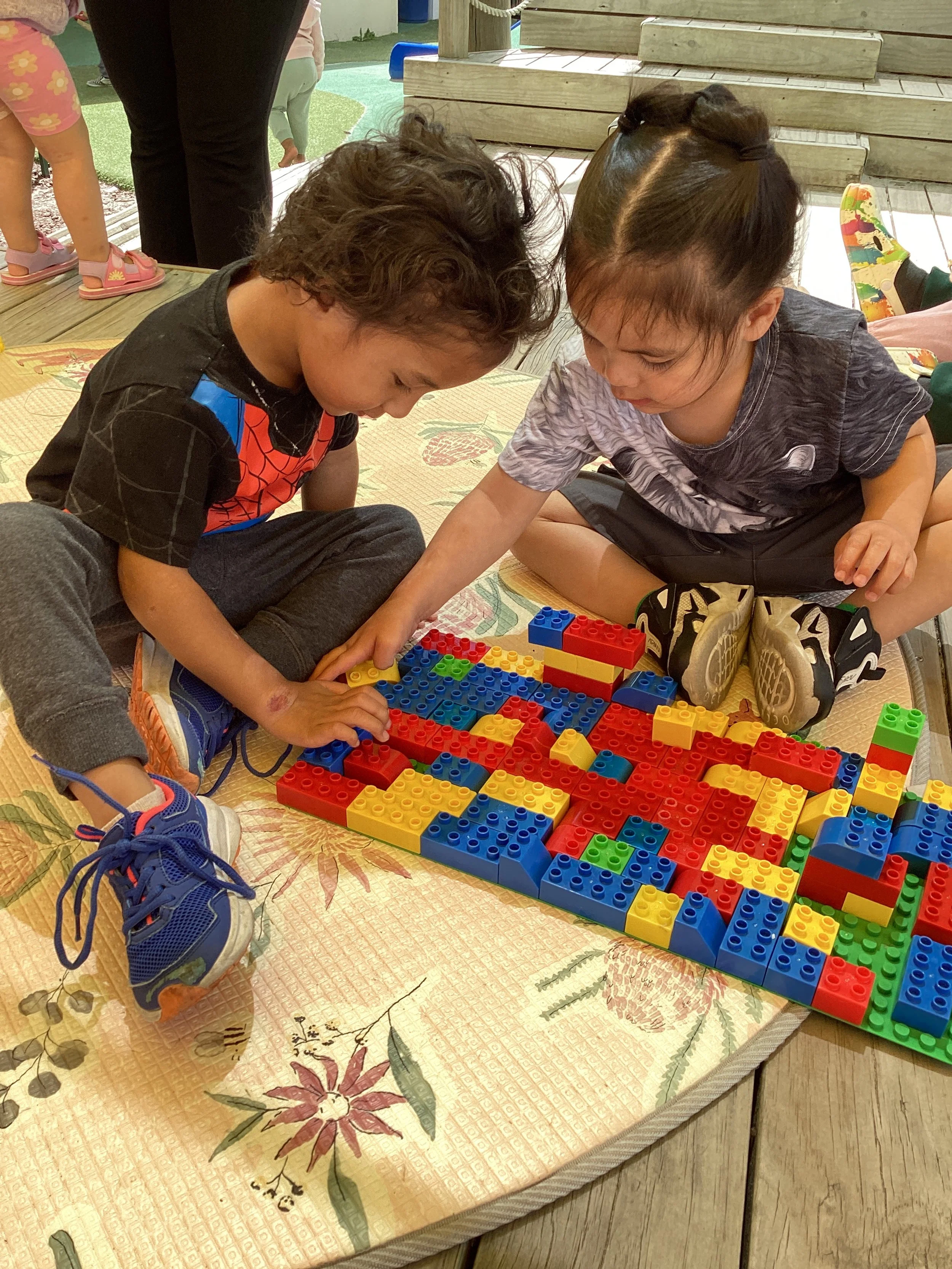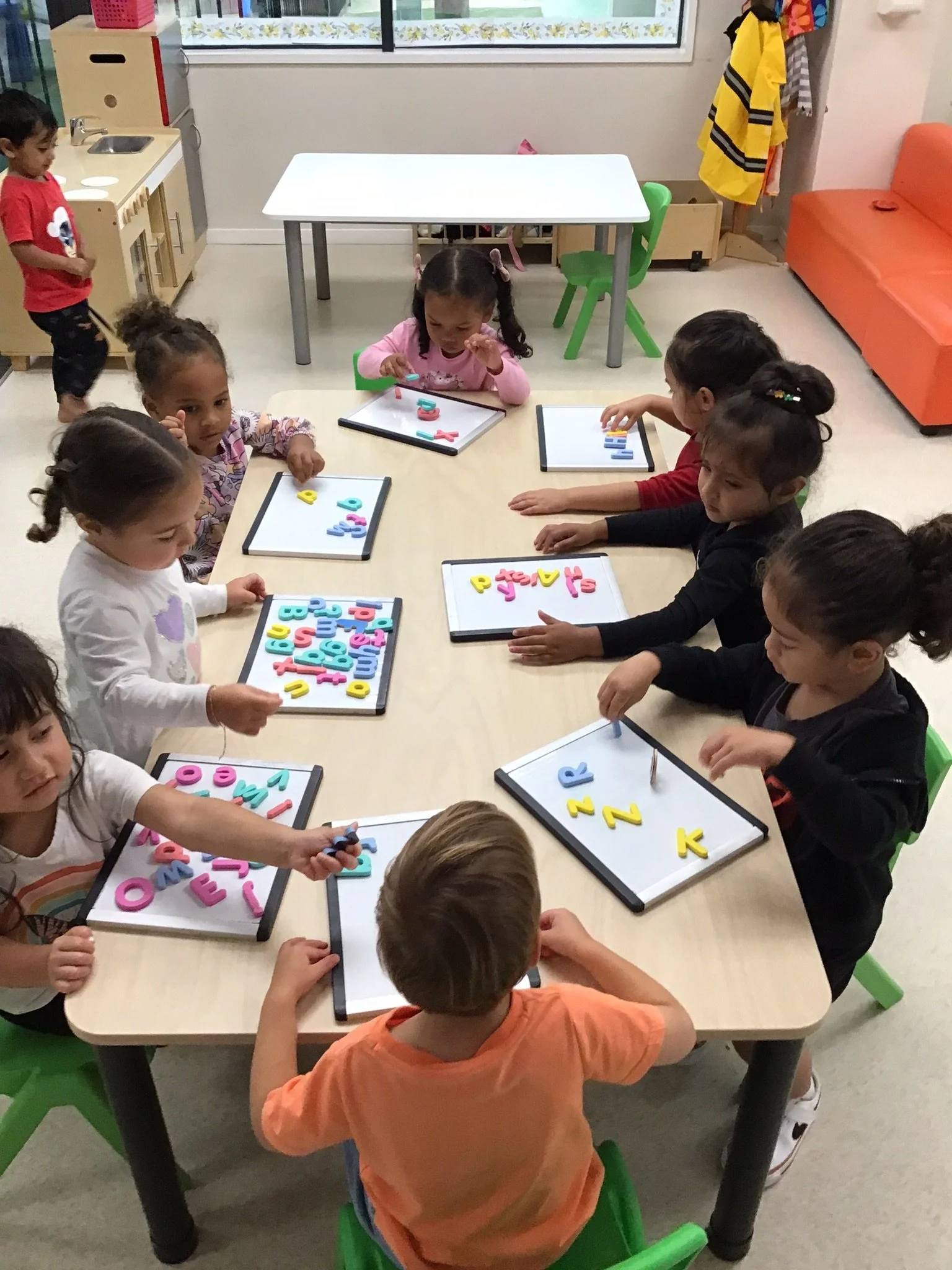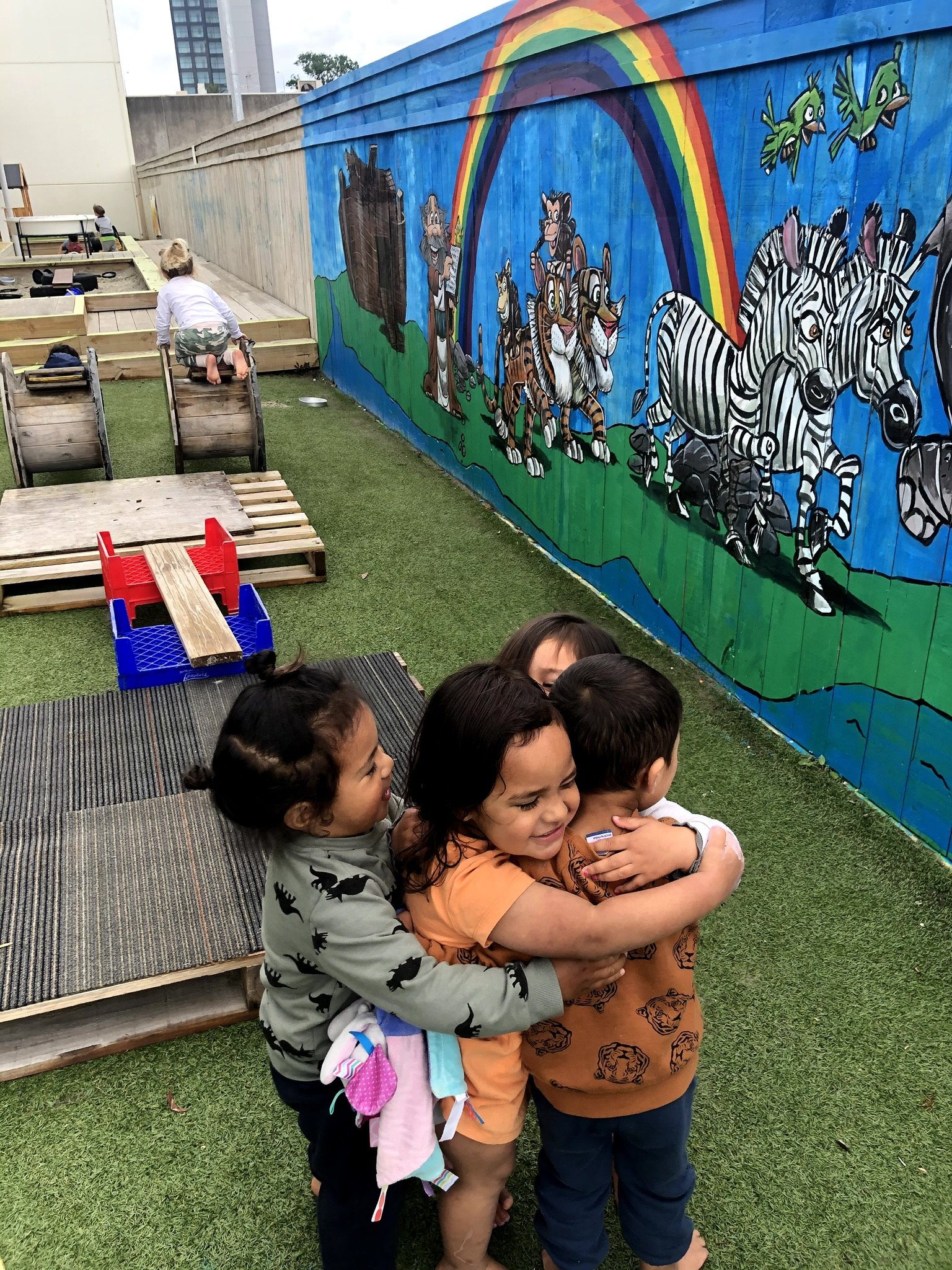Choosing a Childcare
What do you look for when choosing a childcare
Here are the top ten things to look for when choosing a childcare for your child
It’s a huge decision. You knew it was coming…but the reality is still overwhelming. How do you choose the best childcare for your child? What do you look for? How do we best make this really big decision?
After 20 years working in the childcare sector and with three of my own children who all attended childcare, I can confidently tell you the top ten questions to ask/things to look for.
1) Safety. First and foremost, how safe is the childcare centre? Is the carpark user friendly for little people? Are the ratios better than government minimums, especially for babies? Are the rooms separated into age groups that foster age and stage development? Are the playgrounds age appropriate? Are there measures in place if you have an estranged partner who is not allowed access to your child
2) Convenience. Do you want a childcare centre close to your home or place of work? There are benefits to both. If you need to collect a sick child, close to work means you are there sooner. It also means one-on-one time in the car, lots of opportunity to sing songs and talk. However, a centre close to your home means less car time for your baby, which can be important if car sickness, or falling asleep too early is an issue. If you are lucky enough to live close to where you work, then it’s not an issue. What are the hours of operation and do these work for your schedule and travel times
3) Relationship. What are the people like? Did you get a warm feeling when you met them? Don’t discount mother’s and father’s intuition. You need to feel comfortable too, and having someone you trust and can talk to is vital. Especially when/if there are issues going on in your home life that might affect your child’s wellbeing. Does the centre support effective settling – meaning, can you stay and play for an hour each day over a few days so you can get to know the room and new faces WITH your child. Settling should never be underestimated as it is one of the most important ways to ensure a smooth transition to your baby feeling safe and comfortable in a new environment.
4) Cost and Benefits. Cost is always an issue. Childcare centres vary in what they cost and offer. In New Zealand, every childcare centre receives government funding, but this only covers a very basic level of care and environment. A centre that is free or has very low fees might suit your budget but you probably won’t get nappies or food included. A centre that charges high fees should offer a stimulating environment that is full of activities, resources and a flourishing programme.
5) Programme. Every centre has their own programme. What is the underlying philosophy of the centre? Is this reflected in the teacher’s practice? Is the program structured, so that you and your child know what to expect? (this is important because a quality childcare should prepare a child for school, which is very structured. Getting used to this is important.)
6) Food. What your child eats makes a huge difference to their day. Does the centre offer food? Is it fresh and made on site? Does the centre promote healthy eating, with a focus on less sugar and preservatives? Does the centre have water available at all times? Are meal times monitored? (for safety reasons young children should not eat unobserved). Is food and sharing a meal something celebrated? Our relationship with food should be a positive one – and this starts young. Does the centre cater for allergies in a practical and proactive way?
7) Communication. This is important because busy mums and dads don’t always have time to hang around and chat. Does the centre have a newsletter? Do they have online portfolios so you can access and share (with grandparents etc) your child’s learning? Is there a private Facebook group to get photo and activity updates? Is there someone you can call who always answers the phone?
8) Playground. All centres have different philosophies on playground layout and equipment. Safety is my priority. Is there plenty of shade? Does each age and stage have their own exclusive space so that they can explore and play without risk of other (bigger and faster and bolder) children getting in the way? Look at the equipment, is it fun but without too much height or hazard?
9) Parking. Never underestimate the value of parking. Does the centre have dedicated car parks or will you have to fight for one? The less stress, particularly when you are rushing to a morning meeting, is best!
10) Teachers. While it goes without saying that teachers should be qualified and experienced, are you looking for anything extra? Does your child speak a second language that you would like supported? Does the centre have any male teachers? This is important for balance, especially as children head into the preschool and older age groups. Maybe your child is quiet and a bit shy, is there a teacher that can nurture and support them? Or maybe your child likes to run and imagine and make lots of noise – is there a teacher that will support that too?
Choosing a childcare really is one of the most important decisions you will be making at that age and stage of their life.
Take your time. Don’t leave it until the week before you’re due back at work.
Take your baby and see if they enjoy the visit or gravitate towards any of the teachers or areas of play.
Visit more than one childcare centre so that you have a comparison. Take someone with you as a second pair of eyes.
Don’t rush the visit. Ask lots of questions and observe the teachers and children.
Most of all, trust your instinct!!
And remember, there is absolutely nothing wrong with changing centres if you need to. Sometimes a favorite teacher moves on, or your work situation changes. With the above tips and questions you will be able to find another great centre!
